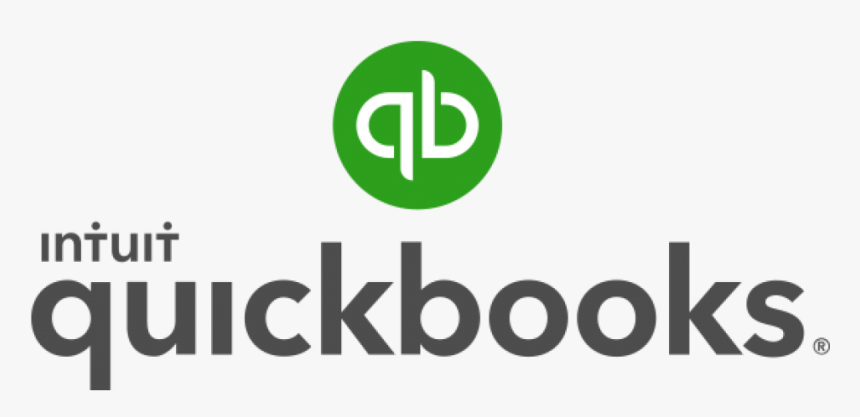
QuickBooks can provide several benefits to lawyers and law firms, helping them manage their financial operations more efficiently. Some of the advantages of using QuickBooks for a legal practice include:
- Simplified billing and invoicing: QuickBooks allows lawyers to create and manage invoices for billable hours, flat fees, and expenses quickly. The platform also provides customizable templates to match the branding and communication style of the law firm.
- Time tracking: QuickBooks offers a built-in time tracking feature that can help lawyers record billable hours and generate accurate invoices. This ensures clients are billed properly for the time spent on their cases.
- Expense tracking: With QuickBooks, lawyers can track and categorize expenses related to cases, ensuring that reimbursements are accurate and complete. It also helps with cost control and profitability analysis.
- Trust accounting: QuickBooks can help lawyers manage client trust accounts by providing tools for tracking funds held in escrow, disbursing payments, and reconciling account balances.
- Reporting: QuickBooks offers a wide range of financial reports tailored for legal practices, providing insights into key performance indicators like revenue, expenses, and profitability. These reports can help lawyers make informed decisions about their practice.
- Cash flow management: By providing a comprehensive view of a law firm’s financial status, QuickBooks can help lawyers better manage their cash flow, monitor accounts receivable, and ensure timely collections.
- Integration with other tools: QuickBooks can be integrated with various practice management and CRM software solutions to create a seamless workflow, reducing manual data entry and improving overall efficiency.
- Mobility and cloud access: QuickBooks Online offers a cloud-based platform that can be accessed from any device with internet access. This enables lawyers to manage their finances on the go and ensures that financial data is securely backed up.
By leveraging QuickBooks, lawyers can streamline their financial operations, reduce administrative tasks, and focus more on their legal practice.

Integrating QuickBooks with Salesforce can provide significant benefits to a law firm by enhancing efficiency, accuracy, and collaboration between the financial and customer relationship management aspects of the business. Some benefits of integrating these two platforms include:
- Unified data management: Integrating QuickBooks and Salesforce can centralize data management, allowing law firms to maintain updated and accurate records of clients, matters, billable hours, and expenses in both systems. This reduces manual data entry and the risk of errors.
- Streamlined billing and invoicing: With the integration, law firms can automate the creation of invoices based on billable hours, expenses, and case information in Salesforce. This simplifies the billing process and ensures that clients receive accurate and timely invoices.
- Improved financial reporting and analysis: By integrating the financial data from QuickBooks with Salesforce, law firms can create comprehensive reports that combine financial performance with case and client information. This enables better decision-making and a deeper understanding of the firm’s overall performance.
- Enhanced collaboration and communication: Integrating QuickBooks and Salesforce can improve collaboration between lawyers, paralegals, and financial staff by providing real-time access to financial and case data. This allows for faster decision-making and better client service.
- Better cash flow management: Salesforce can provide law firms with improved visibility into their accounts receivable, enabling them to track outstanding invoices and payments more effectively. By synchronizing this information with QuickBooks, law firms can optimize cash flow and maintain healthy finances.
- Automation and efficiency: Integrating QuickBooks and Salesforce allows law firms to automate various processes, such as billing, expense tracking, and financial reporting. This saves time and resources, enabling law firms to focus on their core legal services.
- Increased client satisfaction: A seamless integration between QuickBooks and Salesforce can provide a more transparent and efficient client experience, resulting in increased satisfaction and trust. Clients will receive accurate invoices and have access to real-time financial information related to their cases.
In summary, integrating QuickBooks and Salesforce can help law firms streamline their operations, reduce errors, and improve collaboration, ultimately resulting in better client service and overall business performance.
Automated billing is essential for law firms for several reasons, including:
- Improved efficiency: Automated billing eliminates the need for manual data entry and calculation, saving time and reducing errors. It streamlines the billing process, allowing lawyers and staff to focus on more critical tasks, such as client services and case management.
- Enhanced accuracy: Automated billing systems track billable hours, expenses, and other financial data more accurately than manual methods. This reduces the likelihood of over- or under-billing clients and ensures that all billable activities are properly accounted for.
- Better time tracking: Automated billing solutions often have built-in time tracking tools, making it easier to log billable hours and allocate them to specific clients or projects. This leads to more accurate invoices and helps to prevent revenue leakage.
- Simplified invoicing: Automated billing software generates invoices based on predefined templates, ensuring consistency and compliance with legal billing requirements. Invoices can be easily customized and sent to clients electronically, reducing the need for paper-based invoicing and the potential for human error.
- Enhanced financial management: Automated billing systems provide real-time financial data, allowing law firms to make informed decisions about budgeting, cash flow management, and resource allocation. This can help improve a firm’s financial health and long-term stability.
- Improved client satisfaction: By providing transparent, accurate, and timely billing, automated billing solutions can help enhance client trust and satisfaction. This is particularly important in the competitive legal industry, where maintaining strong client relationships is crucial for business growth and success.
- Compliance and security: Automated billing systems can help law firms stay compliant with ever-changing regulations and ethical guidelines around legal billing. Additionally, these systems often feature robust security measures to protect sensitive client and financial information.
- Scalability: As law firms grow, so does the complexity of their billing processes. Automated billing systems are easily scalable, allowing firms to manage increased workloads and client demands efficiently.
Overall, automated billing is essential for law firms to enhance efficiency, accuracy, financial management, and client satisfaction while maintaining compliance and scalability. This not only helps to improve the firm’s bottom line but also supports its long-term growth and success.

